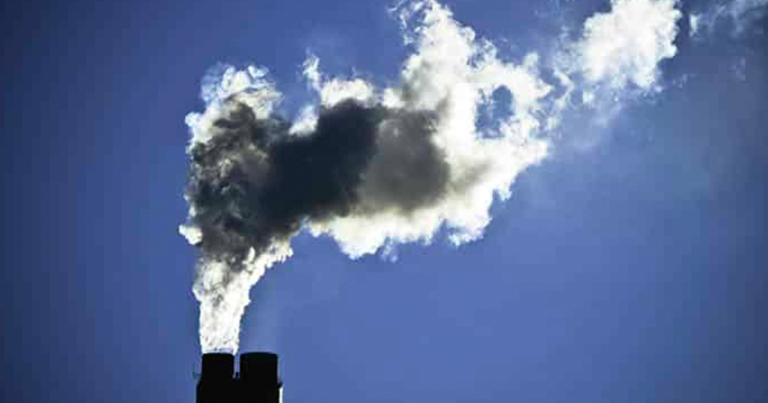Krystle Wittevrongel is senior policy analyst and Alberta project lead at the Montreal Economic Institute.
If Canada were to be carbon neutral tomorrow, it would take China only 21 days to ensure our current annual emissions were put back into the atmosphere.
And it’s only expected to get worse. As a share of the global total, China’s greenhouse gas emissions have risen from 19.4 per cent in 2005 to 27.4 per cent in 2019. Meanwhile, Canada’s shrank from 2.0 per cent to 1.6 per cent of the global total over the same period.
Needless to say, with such a small carbon footprint, Canada alone can’t solve climate change.
That has not prevented Ottawa from setting aggressive emissions reduction targets for Canadians. Its plan is so aggressive it aims to eliminate nearly half our emissions by 2030.
With it, we can anticipate drastic cuts on Canadian families and businesses, across every aspect of society. We can also expect it to be accompanied by a fast-increasing carbon tax.
The federal government is hoping that reducing Canada’s emissions will help reduce worldwide emissions.
It is pursuing this path despite criticism of it leading to widespread economic and social harm, being wildly unrealistic, and even trapping Indigenous Canadians in poverty.
But, adding insult to injury, there’s a good chance it might not achieve its goals of greening our environment. That’s because, with the way it is designed, we can expect (without fail) that a decent share of any emissions we work hard to cut here will simply pop up elsewhere—like a game of environmental Whack-a-Mole.
This is due to a phenomenon known as “carbon leakage” whereby investment and industrial activity, and the associated emissions (often in energy-intensive sectors), shift or “leak” from one jurisdiction to another where carbon taxes are not as expensive, and emissions standards are likely not as stringent.
Let’s look at aluminum, for example. Both China and Canada are major aluminum producers, but when Canada produces it, it doesn’t emit nearly as much pollution into the atmosphere as when China does it. By some measures, Canadian aluminum is about seven times greener than Chinese aluminum.
By this logic, we should try to attract as many aluminum smelters here as possible, and make it more advantageous for consumers to buy Canadian aluminum.
But because Ottawa’s green schemes don’t consider the global impact Canadian industry can have, Canadian aluminum producers are currently made less competitive due to the added costs of carbon taxes. This is a clear-cut case of the loss of competitiveness due to locally focused emissions reductions schemes actually making things worse for the planet by making aluminum that’s less green more attractive.
But by Ottawa’s count, as long as these extra tonnes of greenhouse gases don’t get emitted within our borders, it’s a reason to pop open the champagne and celebrate.
This comes at a great cost to Canadians, as it leads to losses of investment, jobs, and tax revenue.
But what does it mean, globally? If our reductions are having no impact on the global climate, are the concessions that Canadians are making worth it?
When we look at it, it will take only nine days (or less!) for China to essentially erase the cuts made by Ottawa’s emissions reductions plan through 2030. The constrained production, jobs not materialized, and forgone quality of life improvements (not to mention government revenues) through 2030 will be quickly invalidated by these Chinese emissions.
This is why our governments need to shift their focus from local emissions reduction to measuring the global impact of their climate strategies. It should consider the fact that reducing global emissions may actually mean an increase in local or domestic emissions.
The sort of greenwashing where we export emissions (and jobs) doesn’t help anybody. We’re too small an emitter for our efforts alone to make a difference. As the saying goes, we need to think globally, in the way we act locally.

